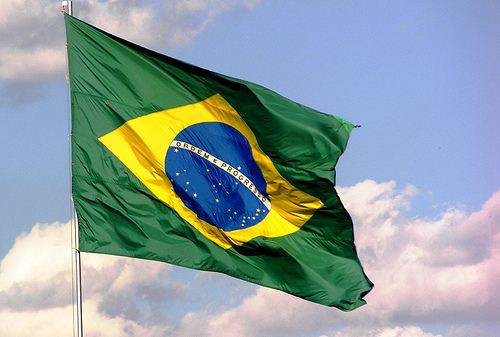Economic activity in Brazil grew 1.04% in January this year compared to last December, a better result than expected by the financial market, the Central Bank reported on Monday.
The Central Bank’s Economic Activity Index, considered as a previous measurement of the Gross Domestic Product (GDP), published by the Government, registered, however, a decrease of 0.46% in January compared to the same month of 2020, when the The country had not yet begun to feel the effects of the coronavirus pandemic.
In the last twelve months, the fall in Brazilian economic activity was 4.04%.
The rise of 1.04% in January compared to the previous month exceeded financial market forecasts, which projected an increase of between 0.4% and 0.5%.
The Brazilian economy fell 4.1% last year, the worst annual result since 1996, and by 2021, according to economists consulted by the Central Bank, it will grow 3.23%, which will not recover what was lost in 2020.
This forecast could be drastically reduced in the coming months, as a good part of the Brazilian states have once again adopted rigid social distancing measures to contain the covid-19 pandemic, which is in its worst phase in the country.
Since last November, Brazil faces a second wave of coronavirus infections more virulent and deadly than the first and that threatens to collapse the public health system at the national level.
Brazil is currently the second country with the most infected, about 11.5 million, and more deaths associated with covid-19, with 278,229, only behind the United States.
The pandemic has also raised unemployment to record levels, close to 14%, and triggered the public debt and fiscal deficit due to the huge outlay by the Government to alleviate the economic effects of the pandemic through subsidies for the poorest families.
These aid were suspended at the beginning of 2021, but the Executive and Congress intend to restore them in the face of the worsening of the health crisis.

